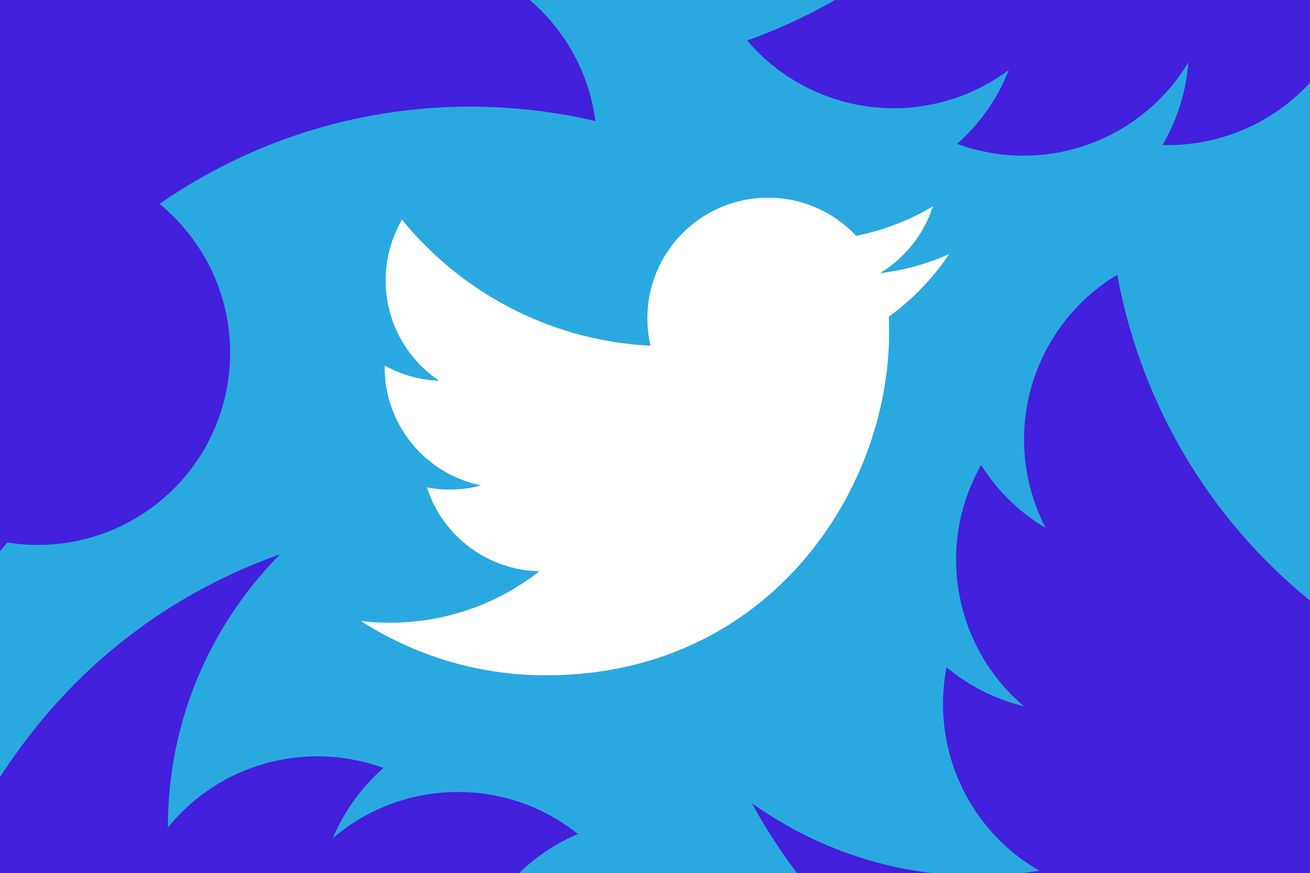
A celebrity photo lawsuit claims Twitter’s copyright process is broken
As Twitter slashes staff and pares back moderation under Elon Musk, it may soon run into a problem it can’t ignore: its potential liability for copyright infringement. TorrentFreak reported last week that the company faces a lawsuit by celebrity photo agency Backgrid. Backgrid says that Twitter systematically failed to take down unauthorized copies of its pictures, arguing it shouldn’t be protected by American safe harbor laws for copyright. The allegations leave plenty of questions unanswered, but claims like them could pose a problem for Musk’s increasingly bare-bones operation.
Backgrid’s claims predate Musk’s ownership of Twitter, dating to at least September 2021. The complaint, filed in a California court in late December, alleges Backgrid sent thousands of takedown notices for photos. “Not a single work was taken down and not a single repeat infringer was suspended,” it says. It includes links to some images that remain online as of today, although others appear to have been deleted. It also says it tried to resolve the issue with Twitter before filing the suit, “but Twitter did not respond.” It’s not clear whether this attempt came before or after Musk’s acquisition; an attorney at the firm representing Backgrid did not reply to a request for comment, and Twitter no longer has a public relations department.
“It’s an expensive fight one way or the other.”
Social networks like Twitter aren’t legally liable for most user-generated content in the US, thanks to Section 230 of the Communications Decency Act. (In Europe, laws like the Digital Services Act require more stringent moderation, but their boundaries remain in flux.) Copyright, along with child sexual abuse material and some other narrow categories, is an exception. Sites must earn protection by complying with Digital Millennium Copyright Act rules, a process that involves maintaining a system for accepting and responding to notices in a timely manner. Sites must remove infringing content if they’re made aware of it, and they must terminate accounts that repeatedly infringe copyright. Hollywood lobbying groups and others have pushed for even more stringent rules, but most of these attempts have so far failed.
Rebecca Tushnet, an intellectual property expert and professor at Harvard Law School, says the DMCA’s protections are flexible, and Backgrid’s suit only tells one side of the story. “It’s really hard to tell from a complaint what’s going on. One possibility is that the notices were defective in some way. One possibility is that there’s been a maintenance failure and the removals just didn’t get done,” she says. “People find exciting new ways to screw things up all the time, so I don’t want to make any predictions.” That said, if the notices were successfully sent, there might be some factors in Backgrid’s favor — particularly when you can find tweets specifically named in the suit online. “If those very posts are still up, that’s a bad fact,” says Tushnet.
Even as Musk has allegedly cut costs at Twitter by stiffing vendors and employees, it’s in Twitter’s interest to quickly quash copyright complaints. Backgrid is requesting $150,000 in damages for each of at least 1,526 infringed pictures, which adds up to $228.9 million. There’s no guarantee it will receive anywhere near that sum even if it wins, and Twitter could attempt to settle the suit quickly for much less. But if Twitter fights the claims and can’t easily dismiss them, Backgrid could pull Twitter into a protracted dispute with legal fees that it can ill afford. And if it becomes clear that Twitter isn’t maintaining a functioning takedown system, it might not be the last suit. “It’s an expensive fight one way or the other,” says Tushnet. Copyright suits can have other fallout, too: in 2008, a Viacom lawsuit nearly required YouTube to hand over detailed personal data for many users.
Whatever the outcome, the suit is a signal that Twitter will have to keep at least one part of its moderation systems running in the US… and respond to legal threats before they become lawsuits. “What it really highlights to me is the importance of maintenance,” says Tushnet. “There are lots of processes that we would like to be set and forget — but sometimes they aren’t.”

